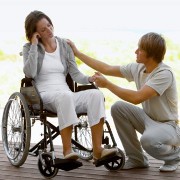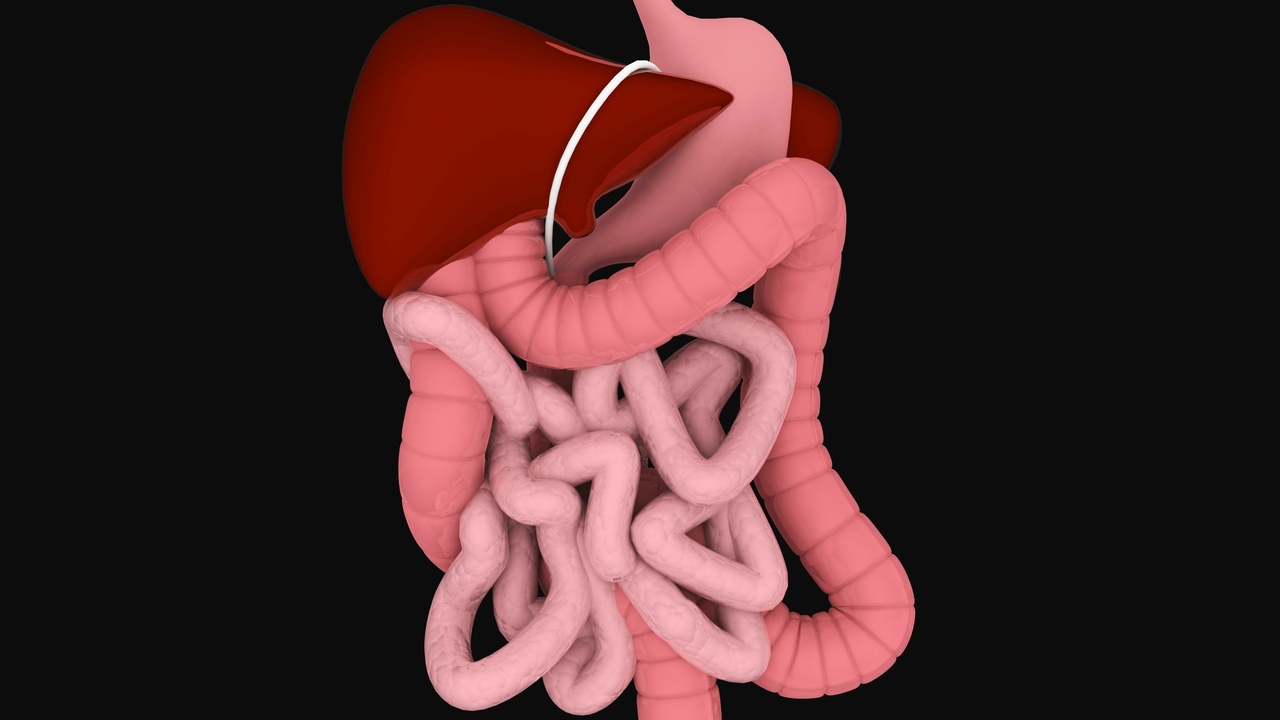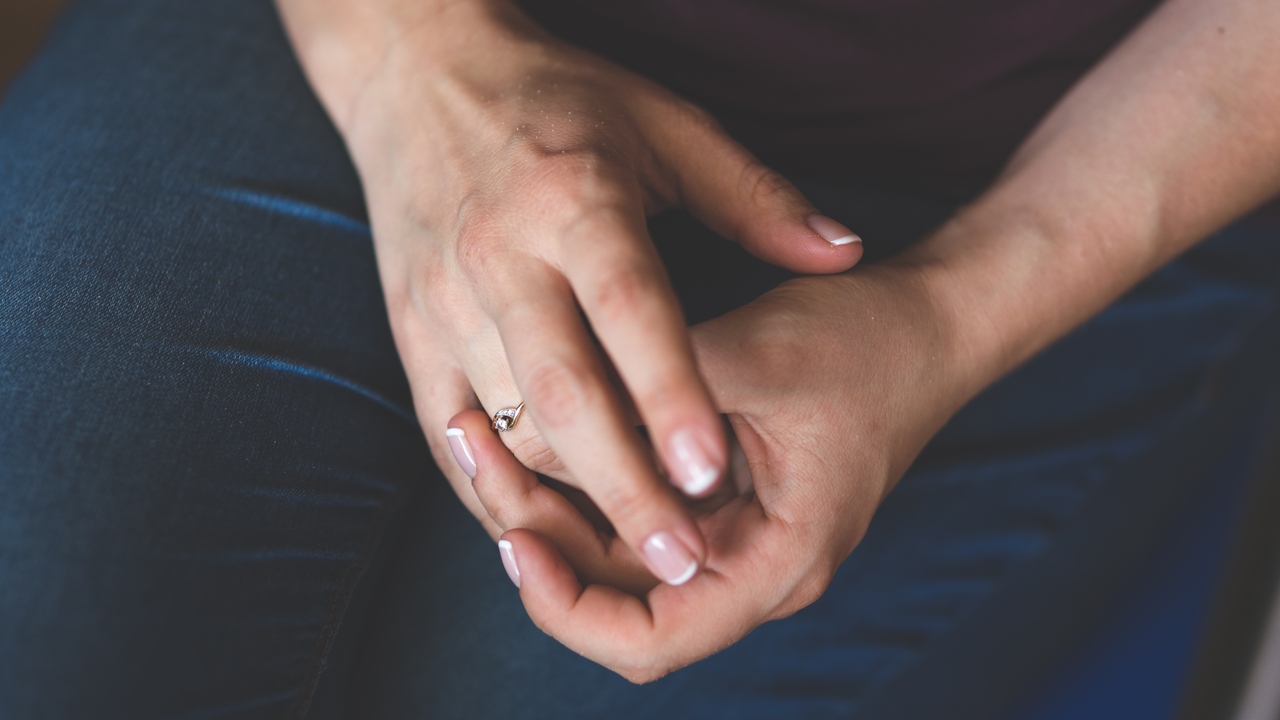There are many things to consider when you have been diagnosed with Rheumatoid Arthritis. What are my treatment options? Are there any treatment options? Will I end up on the disabled list? What does my future hold?
These are all vey common concerns, so let’s try to sort them out one at a time to ease your mind of what you may or may not be aware of.
Once you have been diagnosed by a doctor, you have several options for treatment depending on your age, medical history, your general health and severity of RA. Your doctor will make the best decision for your particular case. In most cases, you will be put on a antirheumatic drug, which works to suppress your immune systems attack on your joints. Also, most doctors will suggest an anti-inflammatory, topical cream for relief of discomfort, corticosteroids and pain relievers. Besides the antirheumatic drug, most are for temporary relief, but work when you need it most.
If a case of RA is so severe that a joint is damaged and disabling, surgery may be the best solution. Correcting the injured joint will help restore mobility and function, easing your pain and burden. It is important to be diagnosed early to prevent this from happening. The earlier RA is detected, the earlier you can get on a path to recovery to prevent surgery from not being in your foreseeable future.
As silly as this may sound, especially for someone experiencing moderate pain from RA, exercise-as well as rest-is crucial to recovery. Obviously, when your joints are sore, swollen and stiff you should rest. However, when you are feeling better get your butt off the couch and get a steppin’. Exercise will keep your joints strong, decreasing your chances of the condition worsening. With this said, it is essential to exercise properly to ensure you are helping yourself and not worsening your Rheumatoid Arthritis. Below are a few important guidelines to help your recovery through exercise.
1. Stick to low impact aerobics because they strengthen muscle and bone without putting pressure on your joints. It will also help prevent bone loss.
2. Resistance exercises increase mobility and strength in your joints.
3. Swimming is an excellent source of low impact cardio that will build muscle and condition joints.
4. Stretching improves flexibility, preventing abnormal impact to your joints and lowers injury risk.
Although there are many ways to treat Rheumatoid Arthritis, it is important to understand that not every case will be the same. Some are mild and you can recover living a normal, mobile life. Others however, can be faced with a severe disability and life-altering consequences. If you are living with RA, it is critical to speak with your doctor about all your options to ensure you are able to live a healthy, active life with this disorder. So don’t waste any time, nip RA in the butt as soon as you can.






Add a CommentComments
There are no comments yet. Be the first one and get the conversation started!